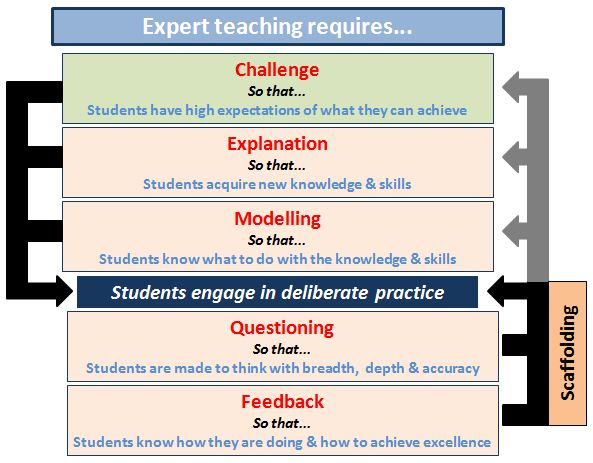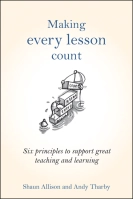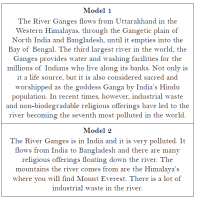 Last week, Steph Holt did a 15 minute forum entitled ‘Challenge & Success for all’. There was much great discussion during the session, but one point resonated loud. Often when we talk about challenge, we talk about ‘top end challenge’. When was the last time you heard the phrase ‘lower end challenge’? Rarely I would guess. This is wrong. I’ve always believed very strongly that students will always live up to our expectation of them – regardless of their ability. So if we expect our lower ability students to ‘just do OK’, that’s probably all they will do. What we should be aiming for is challenge and high expectations for all of our students – all of the time.
Last week, Steph Holt did a 15 minute forum entitled ‘Challenge & Success for all’. There was much great discussion during the session, but one point resonated loud. Often when we talk about challenge, we talk about ‘top end challenge’. When was the last time you heard the phrase ‘lower end challenge’? Rarely I would guess. This is wrong. I’ve always believed very strongly that students will always live up to our expectation of them – regardless of their ability. So if we expect our lower ability students to ‘just do OK’, that’s probably all they will do. What we should be aiming for is challenge and high expectations for all of our students – all of the time.
I came across John Hattie talking about this topic in this video:
He makes some important points about challenging all students:
- All too often extension means pushing them sideways – making them do more of the same work. This is not good. It will do nothing to challenge students and will probably just turn them off.
- We need to modify our expectations of students. So, taking their starting points, we should consider where they would probably be at the end and then where they could be if we thoroughly challenged them and set the highest expectations – this is where their target should be. Sam Down is doing this brilliantly in maths. With his KS3 classes, he is doing two very simple things. Firstly, at the beginning of the topic he shows them the hardest possible calculation/ problem they will be able to do or solve. So he is raising aspirations and setting the standard. Secondly, he is teaching them content that is a couple of levels above where they should be. The result? All students are loving the challenge and exceeding above where they ‘should‘ be.
- If they get totally stuck and can’t do something, tell them the answer and then show them how to get there. In the video clip, Hattie claims that we only spend about 5-10% of our teaching time, teaching strategies. This is not helpful, as he goes on to explain that learning has happened when ‘you know what to do, when you don’t know what to do‘. Stuart Axten has been working on this with his GCSE Y10 PE class. The class contains a number of students who have been struggling with writing extended answers to questions – they simply didn’t know how to construct a piece of writing in that way, they didn’t have that strategy. So, they have looked at examples of excellent answers, deconstructed them together with the teacher and then slowly constructed their own, together as a class – discussing how and why they are writing in that way as they go. Now they have the writing strategy, they are able to produce fantastic pieces of writing, that they are rightly proud of.
- We need 3 or 4 opportunities to learn something, before we really do – so we need to teach the skills of concentrating, being persistent and undertaking deliberate practice. We should do this by setting students challenging tasks – and then when they get stuck, give them something harder or a different strategy to try and then come back to what they were struggling with. Then keep spiralling the learning up in this way. In his most recent blog article ‘The Everest Writing Scaffold’ Andy Tharby gives us an excellent example of supporting students through a challenging task. In the article, Andy says:
‘My belief is that scaffolding is not about making written work easier; instead it is about quite the opposite. Our scaffolds should make the work harder, more challenging, yet also ensure that success remains a tangible possibility.’
So, to summarise if we want to support the idea of ‘challenge for all’ we need to:
-
Set our expectations of students high.
- Teach and model the strategies they will need in order to reach these expectations.
- Provide opportunities for students to – concentrate, persist and engage with deliberate practice.












Reblogged this on thinkingonlearning.
Pingback: Learning with Mr Clarke – Circa 1985 | Class Teaching
Pingback: Why is ‘challenge’ such a challenge? | Reflecting English